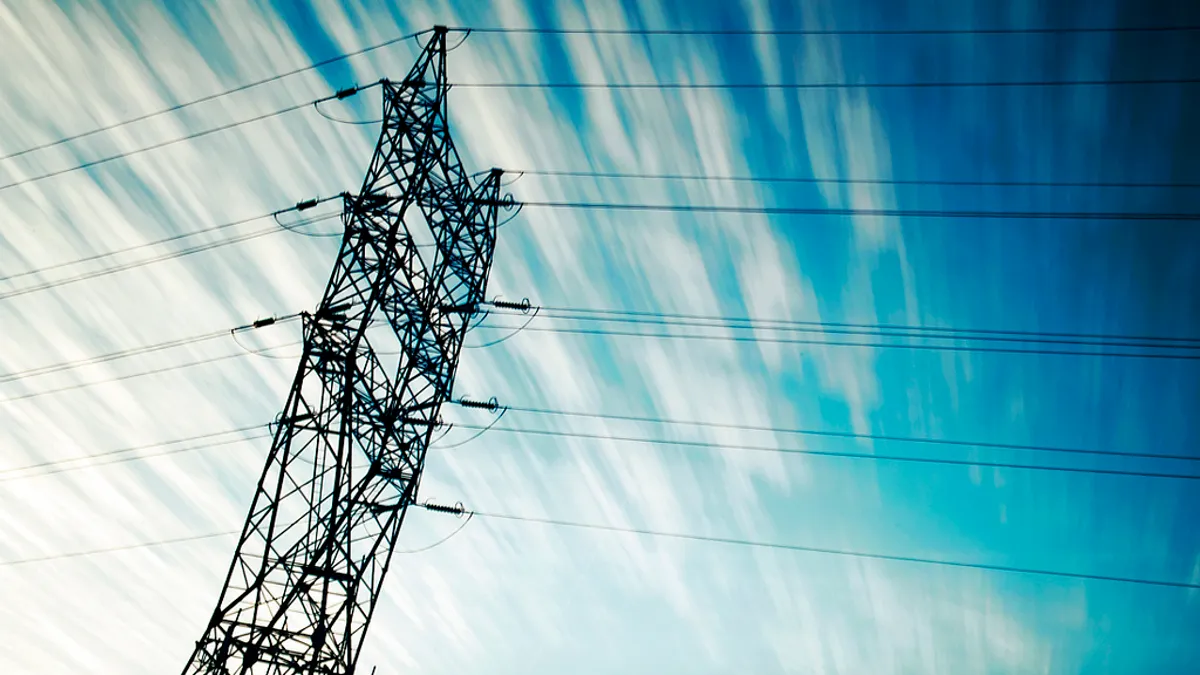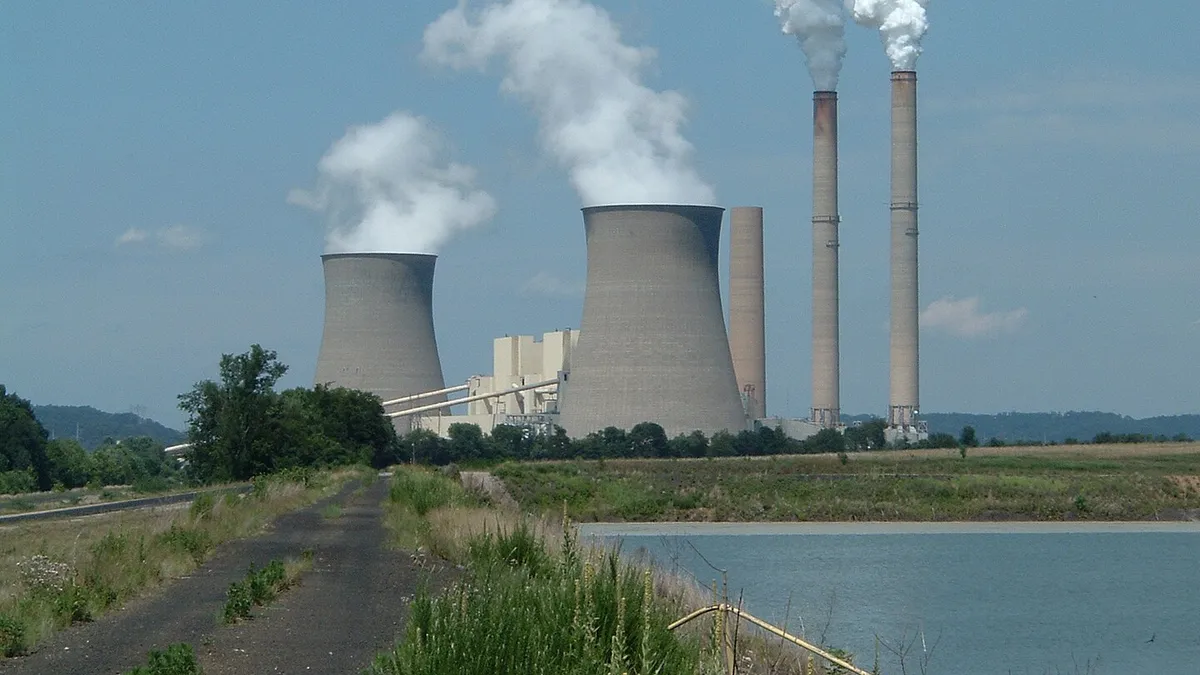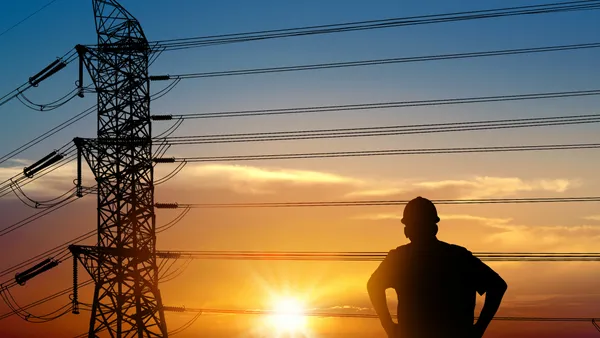Dive Brief:
- Saving energy costs about 4.4 cents per kWh, according to new analysis from the Lawrence Berkeley National Laboratory based on data from 34 states, significantly lower than the cost of new generation.
- The analysis shows that as states pursue greater levels of efficiency, having made strides on the easy-to-accomplish low hanging fruit, the cost to pursue efficiency rises.
- Massachusetts and Hawaii have the highest efficiency costs, at just under 7 cents per kWh, while South Carolina's cost is about 2.7 cents per kWh.
Dive Insight:
The most recent analysis from the Lawrence Berkeley National Laboratory shows the cost of saving energy is less than half of constructing a new coal plant for the same amount of electricity.
Merrian Borgeson, a senior scientist at the Natural Resources Defense Council, notes that on average U.S. utilities charge residential customers about 13 cents/kWh.
"We can also compare this to the U.S. Energy Information Agency estimates for the utilities’ cost of buying new resources to make electricity," she wrote. "For example, the EIA estimate for the cost of conventional coal for utilities is 9.5 cents per kilowatt hour—more than double the total cost of saved energy."
The analysis notes that residential programs had the lowest savings-weighted total resource cost of saved energy (CSE), at about 3 cents per kWh. Commercial and industrial programs cost about 5.6 cents per kWh.
"Many factors influence total resource CSE and relative administrator vs. participant cost contribution," the lab found. "Improved estimation and reporting of total costs helps satisfy regulatory needs and instills market confidence in the efficiency resource."














